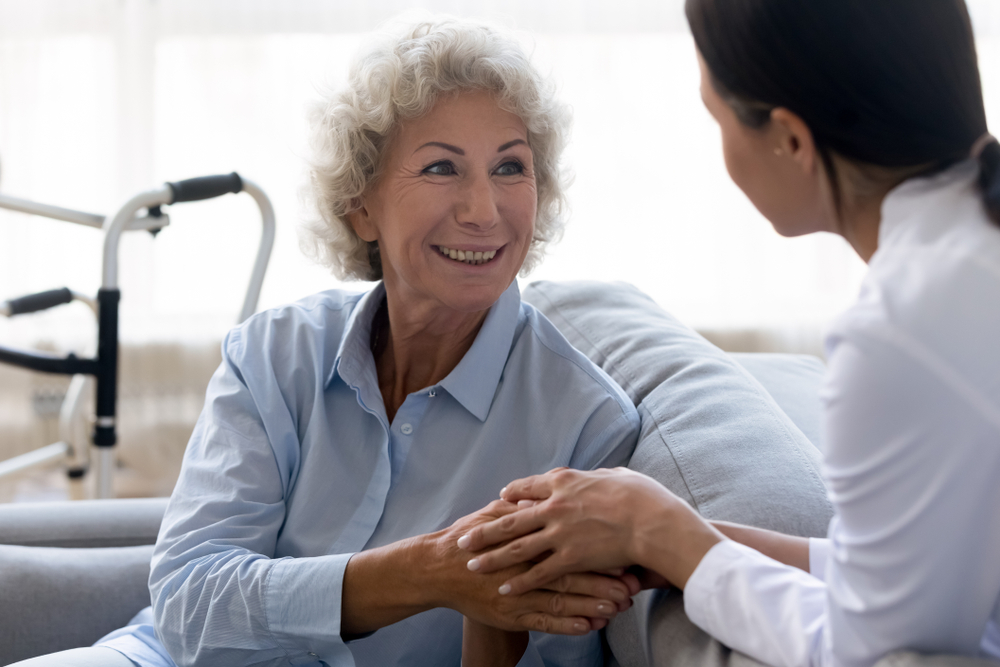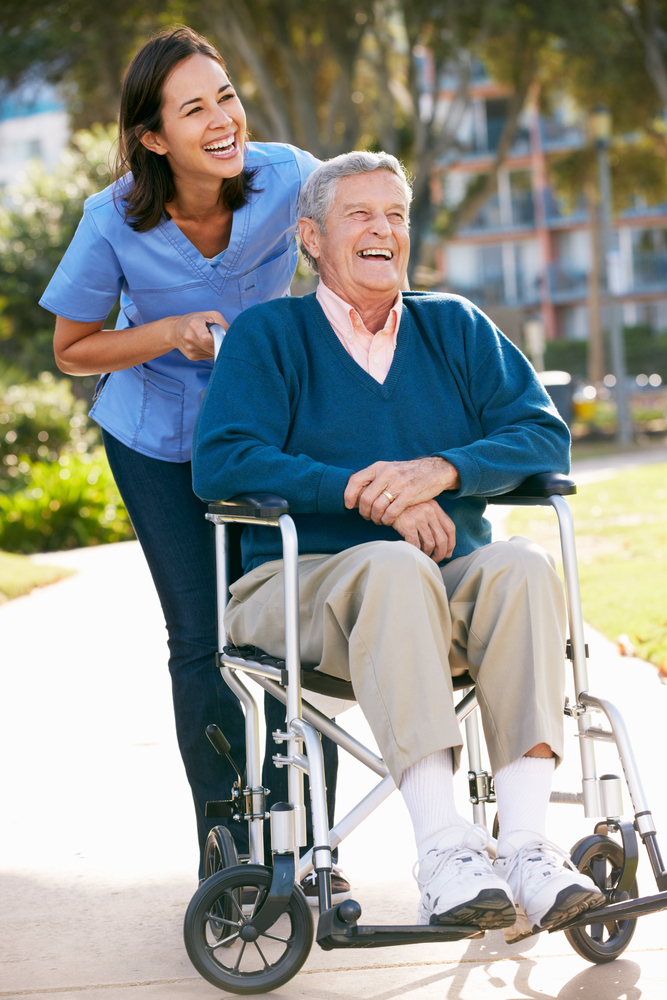Frequently Asked Questions
What causes a stroke?
There are two main types of stroke: Ischaemic strokes and Haemorrhagic strokes. They affect the brain differently and can have different causes.
Ischaemic strokes are the most common type of stroke. They happen when there’s a blockage in the blood and oxygen supply to the brain, typically by a blood clot. These blood clots usually form in areas where the arteries have been narrowed or blocked over time by fatty deposits known as plaques.
Your arteries can become narrower as you age, however, there are certain things that dangerously speed up the process, such as:
- Smoking
- High blood pressure
- Obesity
- High cholesterol levels
- Diabetes
- Excessive alcohol intake
Haemorrhagic strokes are less common than Ischaemic strokes. They occur when a blood vessel in the brain ruptures and bleeds. The main cause of a Haemorrhagic stroke is high blood pressure, which can weaken the arteries in the brain and cause them to split or rupture.
Things that can increase the risk of high blood pressure include:- Obesity
- Excessive alcohol intake
- Smoking
- Lack of physical exercise
- Stress
If you or a loved one have fallen victim to a stroke and are in need of stroke in home care, Arbour Care is the place for you.
Our specialists understand the strain experiencing a stroke can put on you and your loved ones. We also understand that everybody’s needs are different, which is why it’s important that we care for stroke victims at home so they’re within their familiar surroundings and able to lead a high-quality life.
How to prevent a stroke?
Unfortunately, lifestyle changes cannot completely prevent someone from falling victim to a stroke, but many of these changes can make a significant difference in lowering your risk of a stroke:
- Quit smoking
- Limit alcohol use: alcohol raises your blood pressure, which in turn increases the risk of stroke.
- Eat a balanced diet and stay physically active: obesity and being overweight increases the risk of a stroke. Managing your weight reduces blood pressure and cholesterol levels.
- Get regular checkups: check your blood pressure, cholesterol and any conditions you may have.
If you’re having trouble minimising your chances of experiencing a stroke and need help, opt for Arbour Care’s stroke home care. With our stroke in home care, we don’t only focus on medical support, but also companionship and emotional support, which in turn can lead to long lasting friendships.
How long do you have symptoms before a stroke?
80% of strokes are Ischaemic. Warning signs of an Ischaemic stroke may be prevalent as early as 7 days before an attack and require urgent treatment to prevent serious damage to the brain.
How to spot the early warning signs of a stroke?
The easiest way to remember the most common warning signs of a stroke is with the FAST acronym:
- Face drooping: if you ask the individual to smile then it will be crooked or one-sided.
- Arm weakness or numbness: if you ask the individual to lift both arms, one will drop lower than the other.
- Slurred speech or difficulty repeating a sentence
- Time to call an ambulance (if they’ve shown any of the signs above).
There are other possible symptoms you should be aware of, such as:
- Sudden severe headache.
- Sudden dizziness, loss of balance or coordination.
- Sudden loss of vision or changes to vision in one or both eyes.
- Feeling confused or having difficulty understanding things that are usually easy to comprehend.
- Numbness or weakness on one side of the body (e.g. one arm or leg).
If you’re interested in opting for home care for stroke patients to really keep an eye on any potential warning signs, Arbour Care is the organisation for you. We focus on high-quality care and forming long lasting relationships with our patients, all within the comfort of their own homes.
How to care for a stroke patient at home?
With stroke patients, the sooner you get help, the easier it will be to treat you and the less likely you are to experience long term effects. At Arbour Care, we understand that the effects of a stroke can be quite tough, which is why many stroke victims opt for stroke home care.
We pride ourselves on our high-quality stroke in home care and the understanding that a high level of care is not just based on medical support, but emotional support and the building of bonds as well. Other tips we have for those seeking to care for stroke victims at home are:
- Encourage daily exercise: many stroke patients fall victim to motor impairments. Regular movement is the ultimate remedy and helps to rewire the brain.
- Be helpful without doing too much: if your loved one is struggling to carry out an activity, only help if they ask or if absolutely necessary. Stroke patients need to do things on their own in order to recover. Being overbearing could end up affecting their recovery process.
- Be on the lookout for any stroke side effects, new warning signs or symptoms: sometimes stroke side effects spring up months after discharge from a hospital. Be sure to consult with a doctor if you notice anything different or unusual in your loved one.








